Did you hear? There’s been another murder at a White Lotus hotel, this time the one in Thailand.
Back for its third season, Mike White’s critically acclaimed and Emmy award-winning tragi-comedy series follows the terrible exploits of the White Lotus’s rich, primarily white holidaymakers, alongside the local employees.
There is social satire, a lot of drama and always a death in paradise. In the first season there was death in Hawaii; the second in Sicily, Italy, and now, in the third, there’s death in Koh Samui.
As someone who has researched on screen representations of Thailand I was intrigued to see how the show handled this locale. Disappointingly, the exoticness and beauty of Thailand is foregrounded, as is the mysticism of Buddhism.
The series follows four groups of people, the majority of whom the audience are made to feel repulsed by in some way.
The first is the Ratliff family. There’s father, Timothy (Jason Isaacs) who works in finance and mother, Victoria (Parker Posey), whose anxiety means she is heavily medicated and constantly falling asleep. Then the kids: daughter, Piper (Sarah Catherine Hook) who is studying Buddhism; son Lochlan (Sam Nivola) who has poor posture from being glued to his computer; and Saxon (Patrick Schwarzenegger), the eldest of the three, whose primary focus is having sex.
Looking for something good? Cut through the noise with a carefully curated selection of the latest releases, live events and exhibitions, straight to your inbox every fortnight, on Fridays. Sign up here.
The second group is three middle-aged women who are on a “girls’ holiday” who abandon their inhibitions as the series progresses. They are routinely referred to as cougars by Saxon. Then there is odd couple Chelsea (Aimee Lou Wood) and her older partner Rick (Walton Goggins), who seem to be going through a rocky patch.
The one likeable person, Belinda (Natasha Rothwell), is a character previously seen working in the spa in the first season’s Hawaiian resort. She’s in Thailand on a research trip for her own wellbeing business.
Terrible people
As with previous series, the ignorance of the holidaymakers is clear. Thailand is referred to as Taiwan. Piper is told by her mother that she can’t possibly be a Buddhist because she isn’t Chinese. The stereotype of the older, rich, bald white male – referred to here as LBHs (losers back home) – who retires to Thailand with a much younger wife is hammered home in various episodes.
Through these guests’ continued cultural ignorance and insensitivity, the few Thai characters we are introduced to are subservient and constantly smiling, always there to please. There’s never a sense of disgust at the exploits of the rich white customers. They are voiceless and for the most part, absent.
Belinda, the only black character, is also the only one who converses in any meaningful way with a Thai person. The only sort of story that gives any space to Thai characters is about a blossoming love between the security guard Gaitok (Tayme Thapthimthong) and health expert Mook (Lalisa Manoban), but this is sidelined.
There is a clear cultural, economic and racial split presented, one that fails to allow any Thai character the ability to air their criticisms of the guests or to be developed in a meaningful way. In the main, the focus is on whiteness – a criticism previous series have also garnered.
An imaginary Thailand
All these facets together create a version of Thailand that is seen through the lens of orientalism. This is a western way of looking at non-western places as full of mysticism, eroticism and exoticness, where nothing normal occurs.
This lens is foregrounded by characters constantly saying things like: “Thailand is full of people either looking for something or hiding from something”, and “Whatever happens in Thailand, stays in Thailand”.
There is a constant flow of alcohol, and drugs can be procured away from the resort. Incest is even hinted at in the first few episodes as the audience are shown Lochlan gazing upon the naked body of his brother. The country is portrayed as a playground for white debauchery, where anything goes – much like in The Hangover part II (2011), a trope I have written about in my research.
The link to orientalism is further enhanced by the way in which Thai religion is shown as being mystical. Anytime a character engages in a spiritual practice it is accompanied by a tinkling score indicating something otherworldly is occurring. This isn’t limited to Western characters. When Gaitok, makes an offering at a shrine the visuals are presented in slow motion as candlelight flickers with a mythical aura pervading.
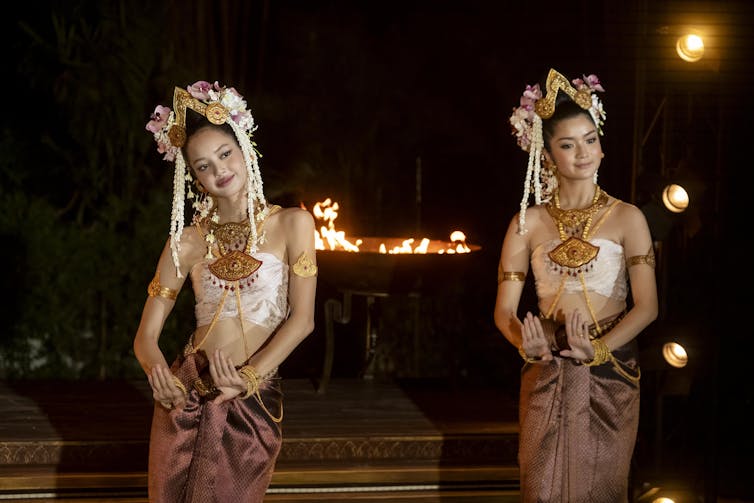
Home Box Office
The previous seasons have seen a boom in travel to filming locations in Sicily and Hawaii, driven by their onscreen depictions), and this season’s Thailand setting will likely lead to the same.
The landscape is a constant focal point, exemplifying the British sociologist John Urry’s theory of the “tourist gaze”. Exotic portions of the landscape are lingered upon, from the jungle and palm trees to ocean vistas. Monkeys are continuously seen, alongside other “exotic” creatures.
This is a recurring trait seen in Hollywood films set in Thailand, from Anna and the King of Siam (1946) to The Impossible (2012), situating it purely as an exotic locale.
This series uses iconic tourist locations, such as the Buddhist temple Wat Pho which forms the background for a conversation in one scene. Also, what appears to be the Phi Phi Islands, known for their pristine beaches and clear waters, drift past during a luxury yacht trip. Sadly, Thailand in this series is reduced to a digestible set of iconic images for the audience.
White Lotus engages in a double game. The series is clearly critical of the characters, presenting lifestyle and holidays as desirable and aspirational, all the while reinforcing antiquated orientalist stereotypes itself. You would hope a show trying to show the evils of a certain kind of tourism wouldn’t also be guilty of the thing it’s attempting to lampoon.
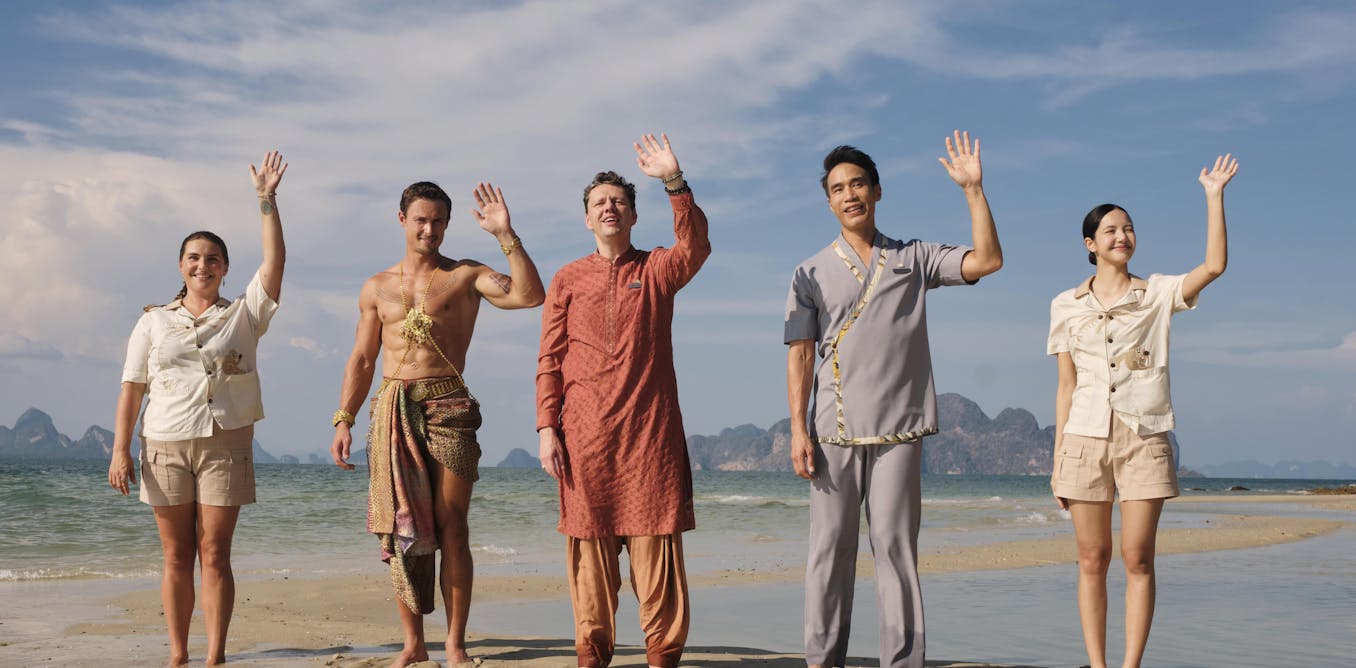
The post “White Lotus does Thailand dirty” by Andrew Russell, Lecturer, Faculty of Creative & Cultural Industries, University of Portsmouth was published on 02/14/2025 by theconversation.com


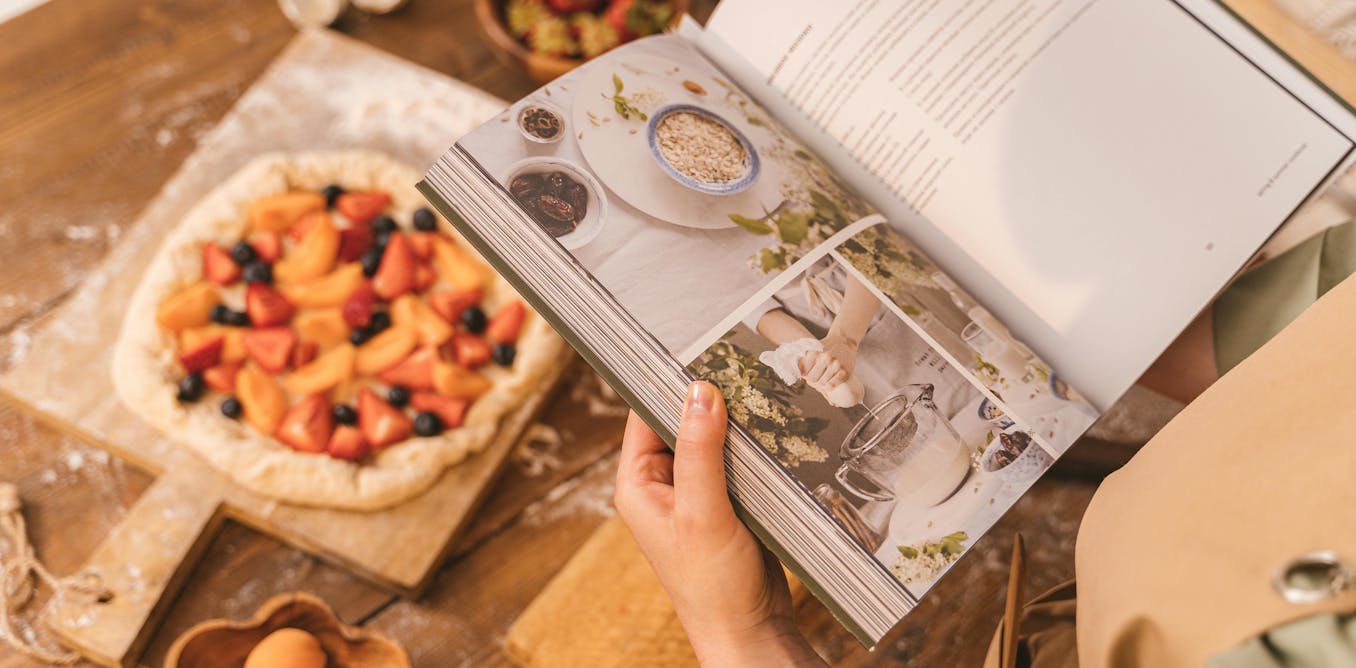
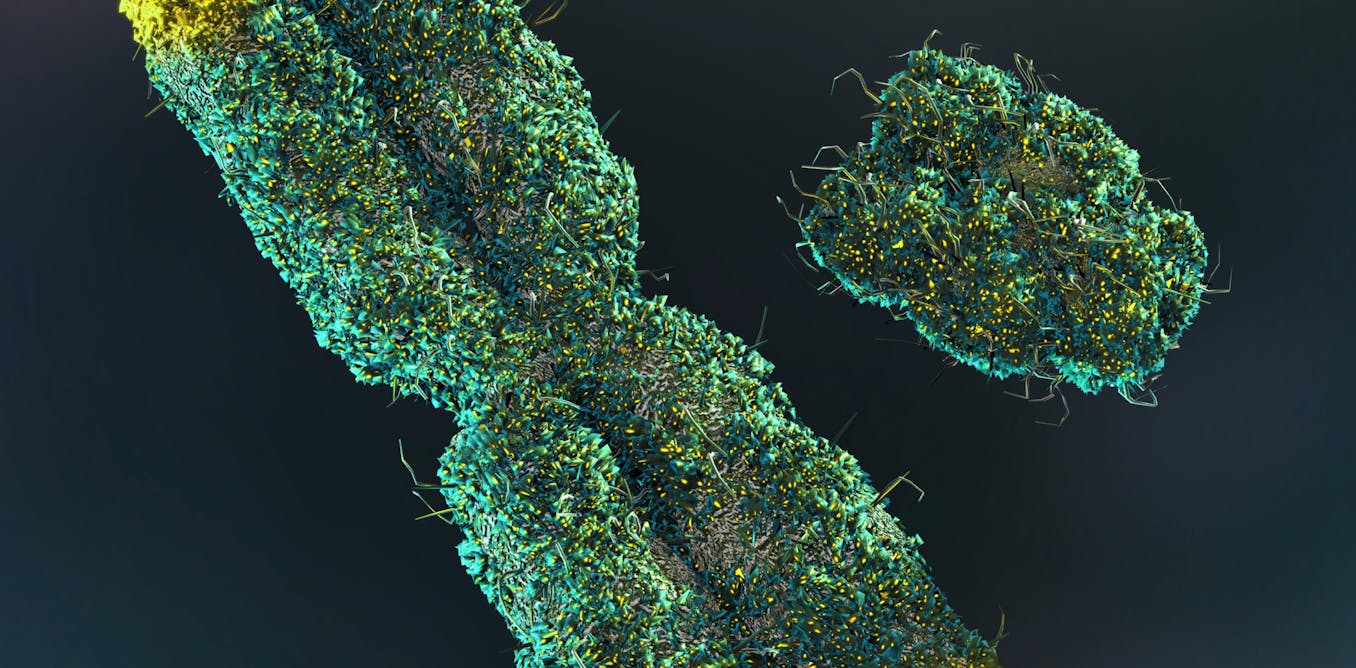
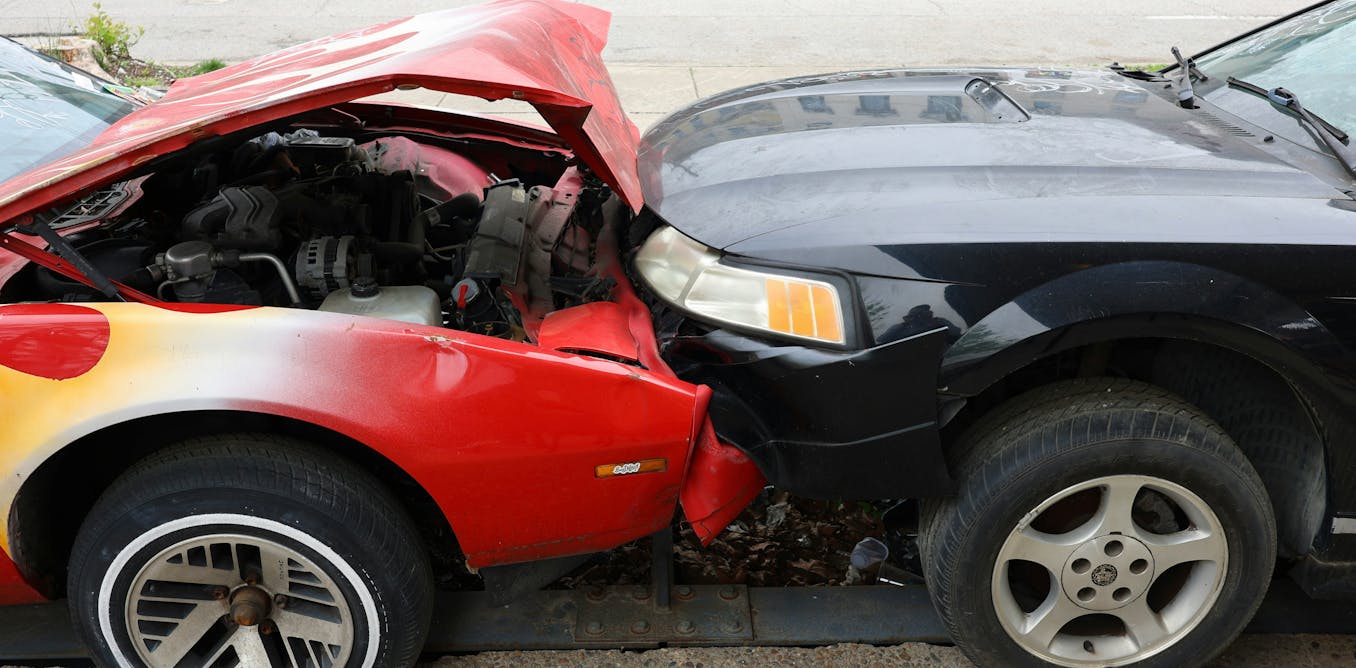

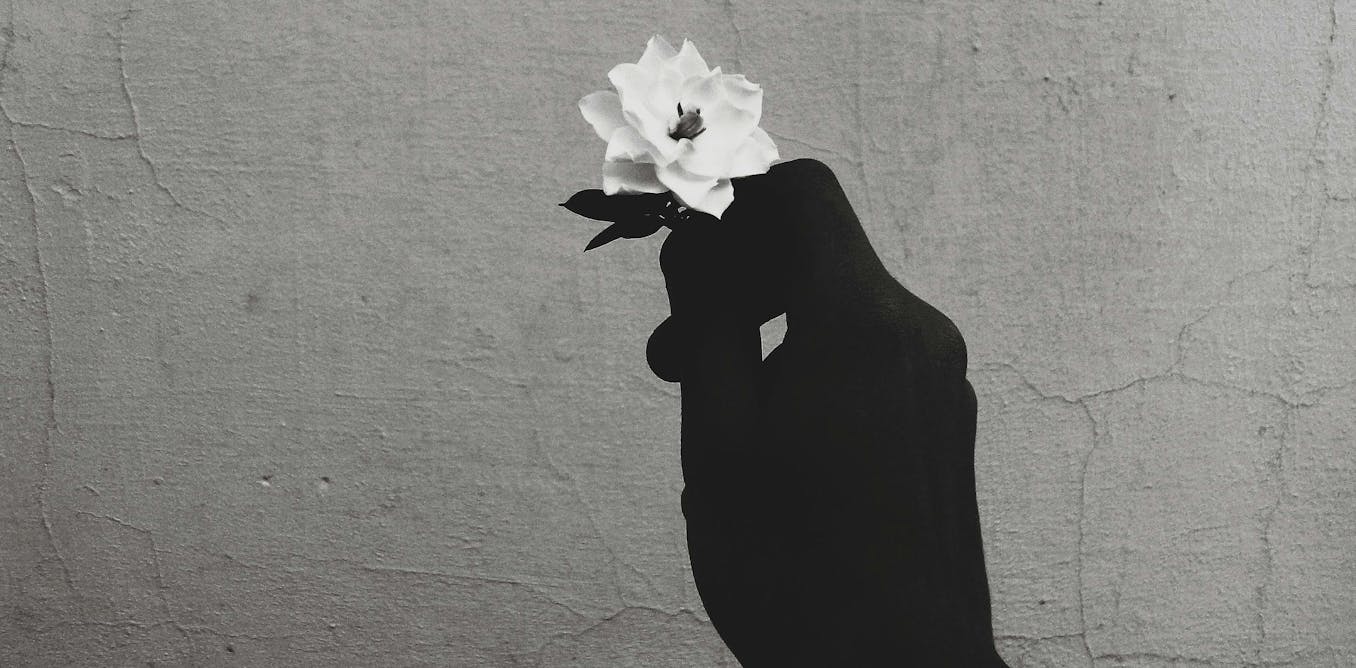
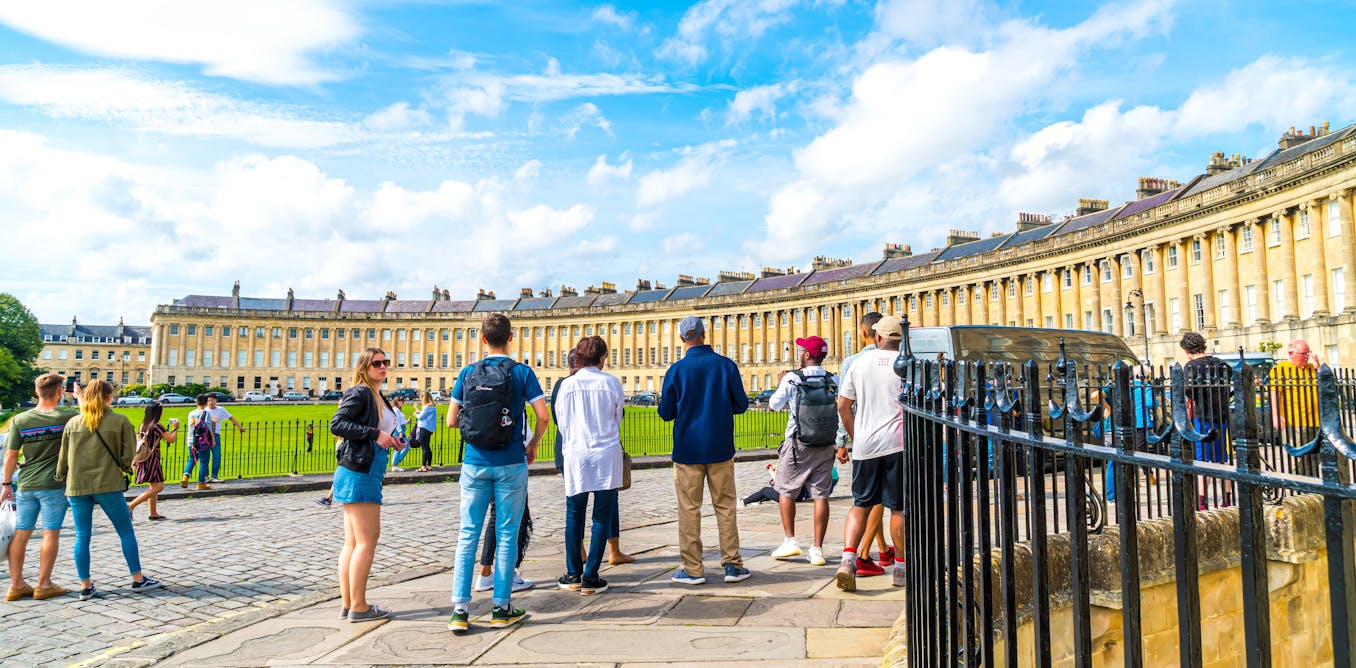
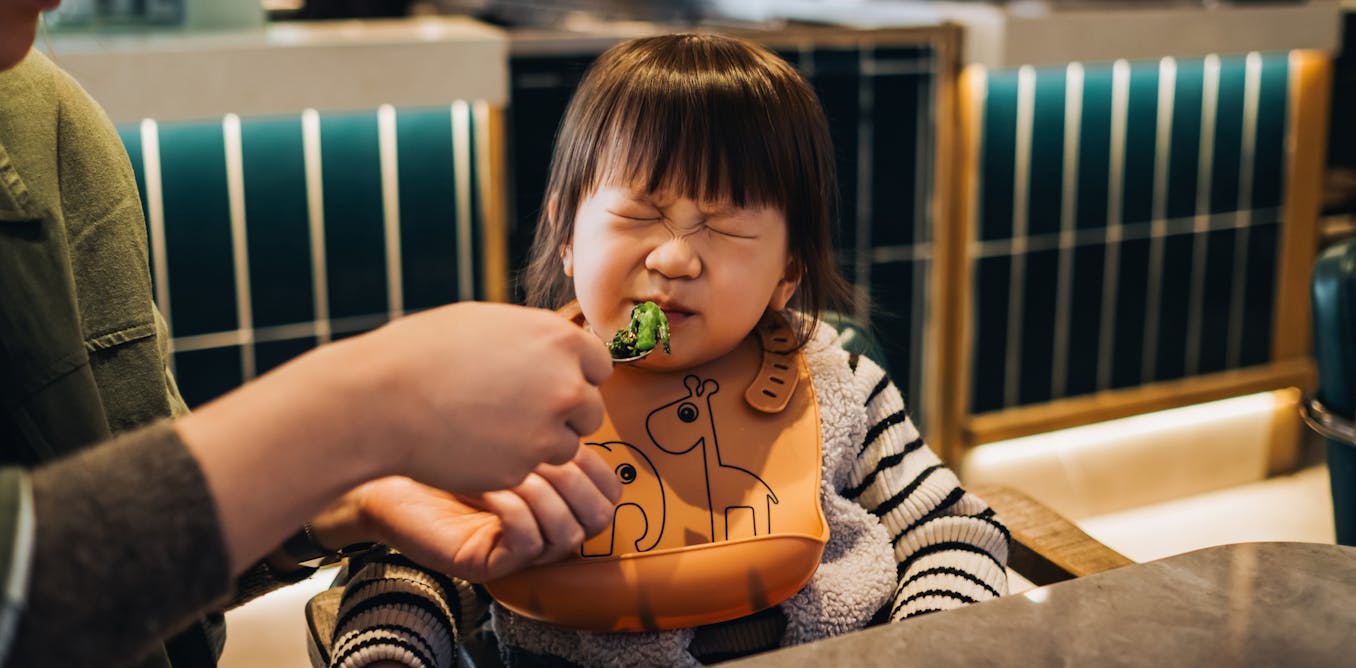


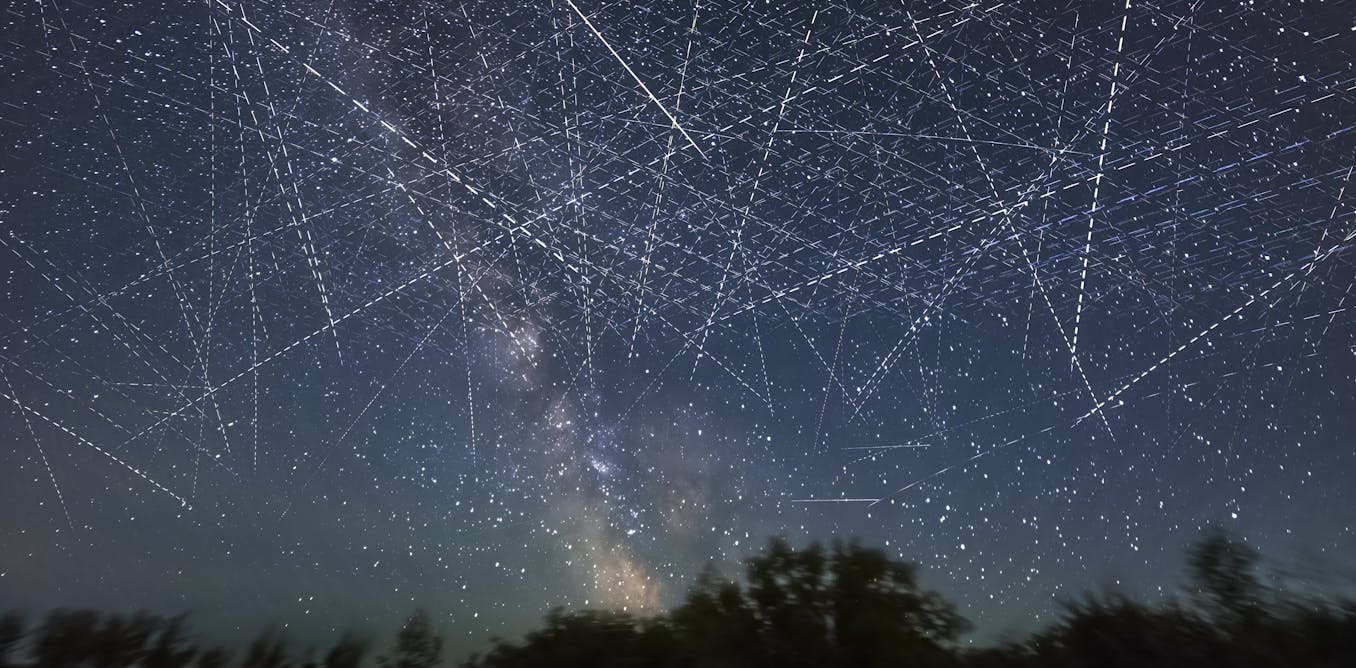
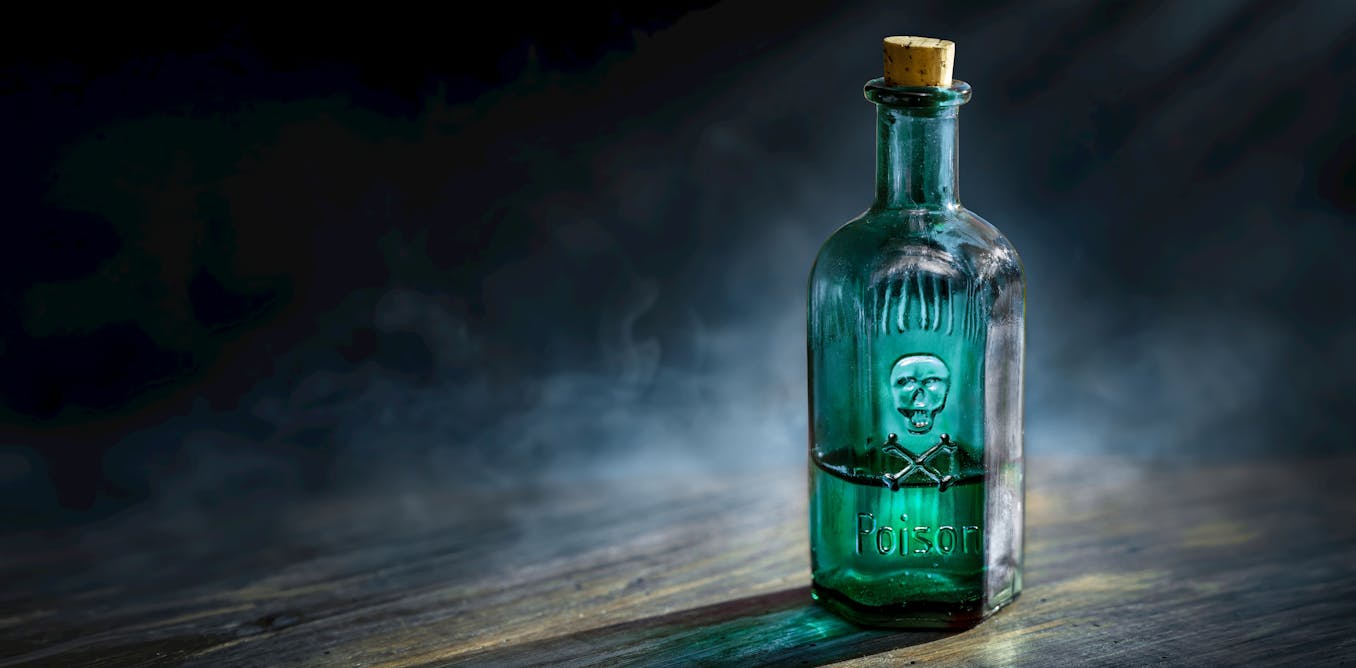
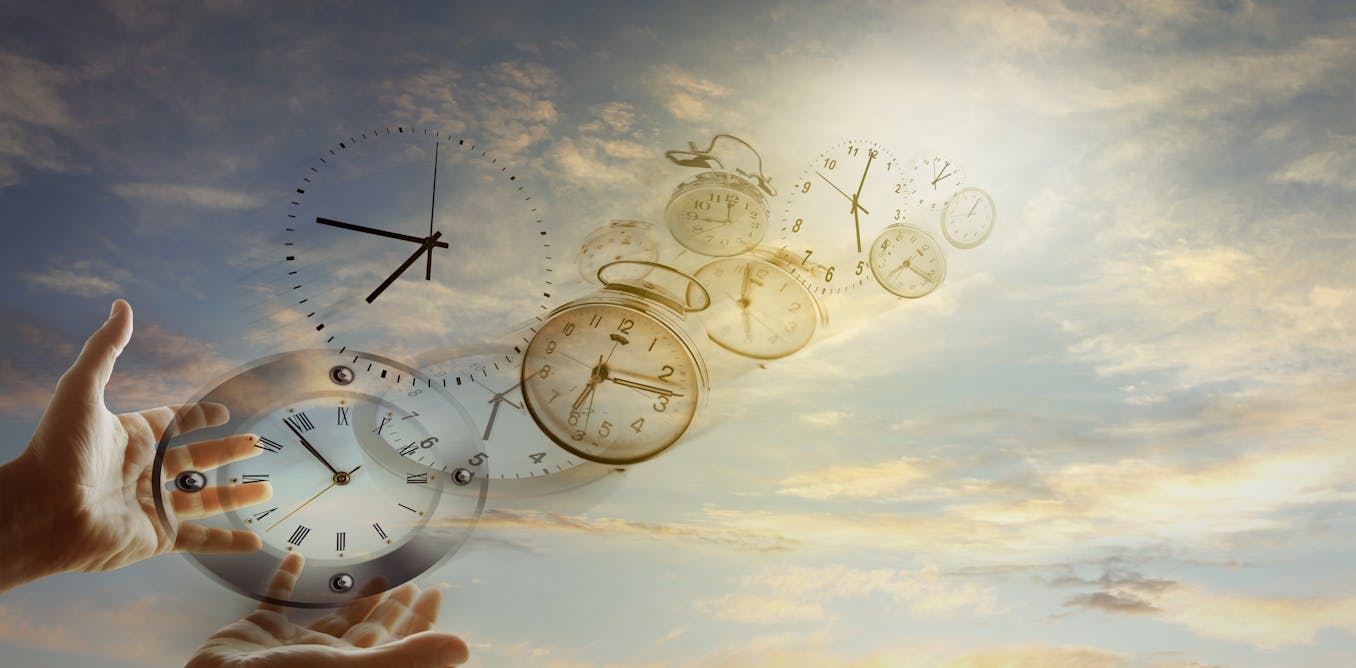




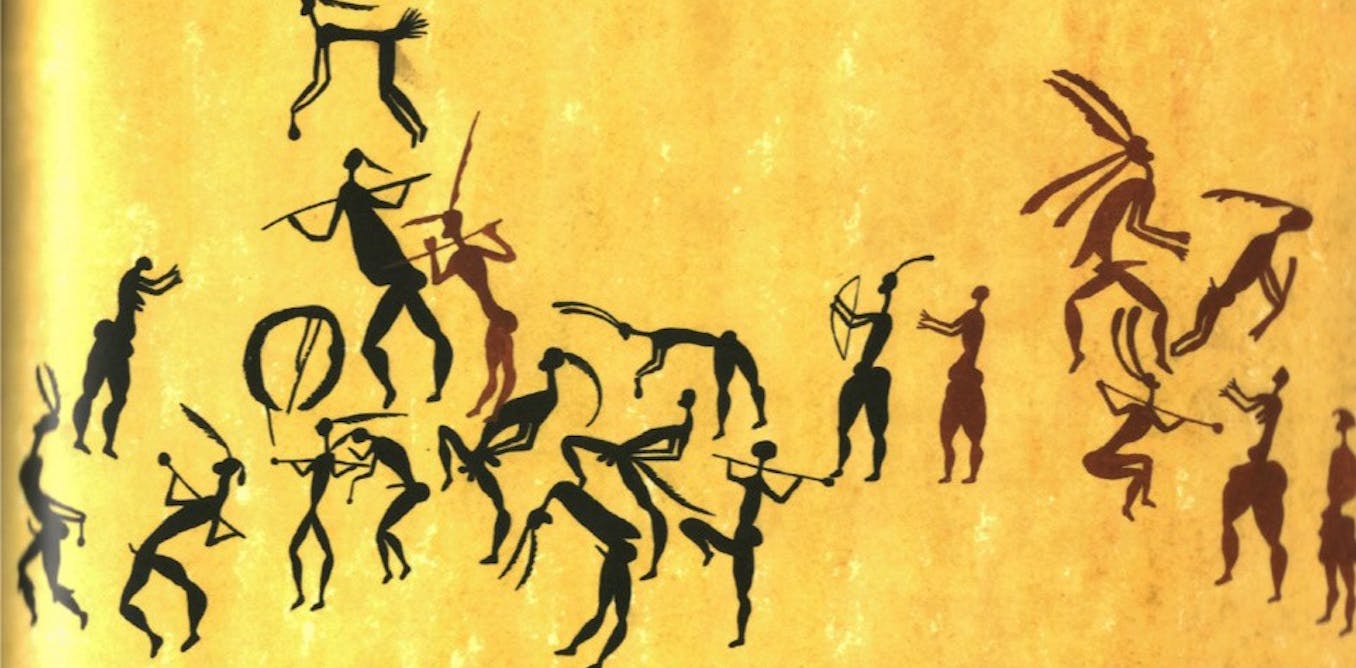














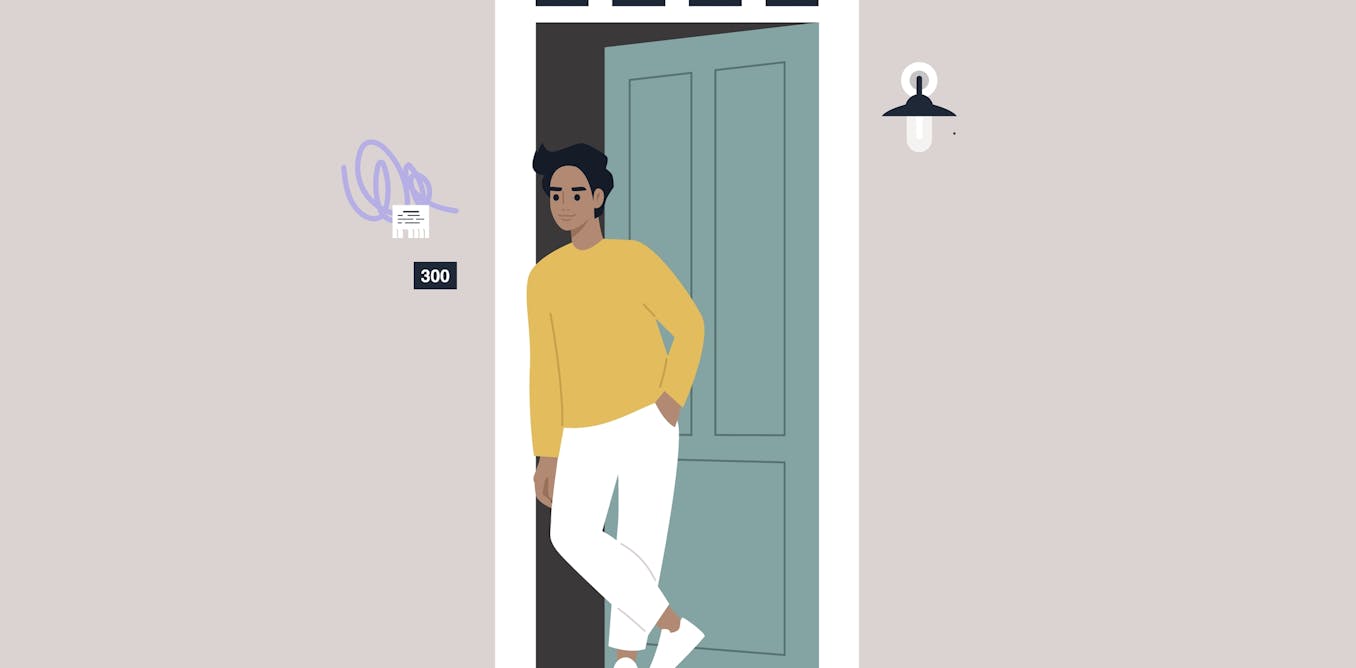





Leave a Reply